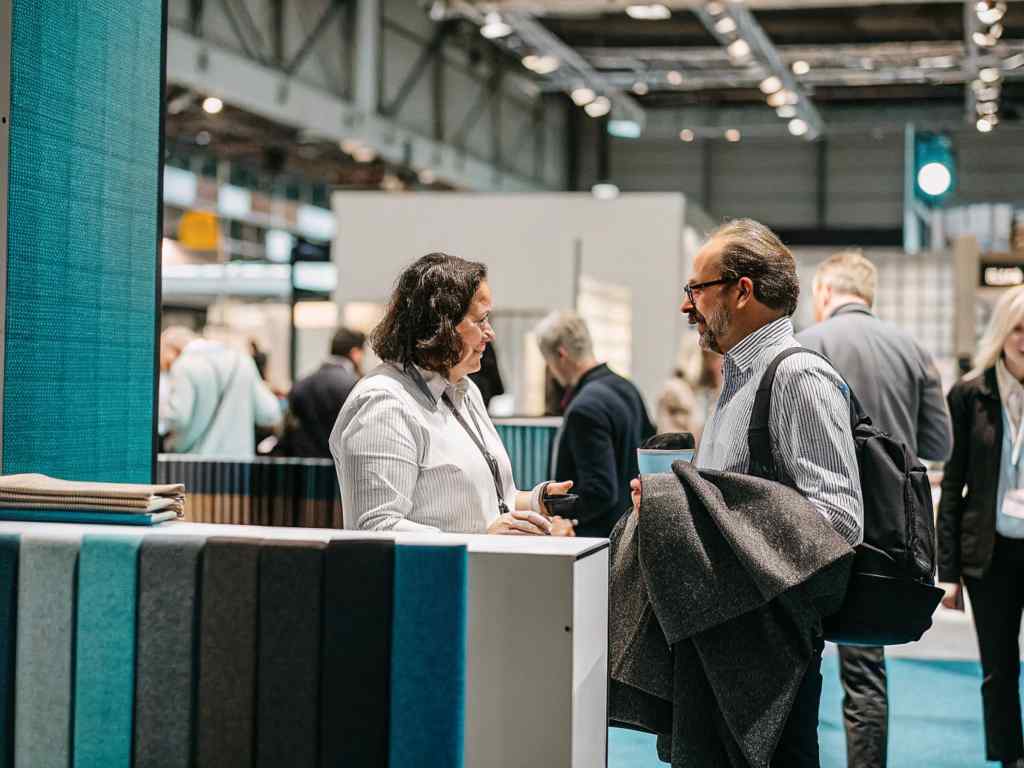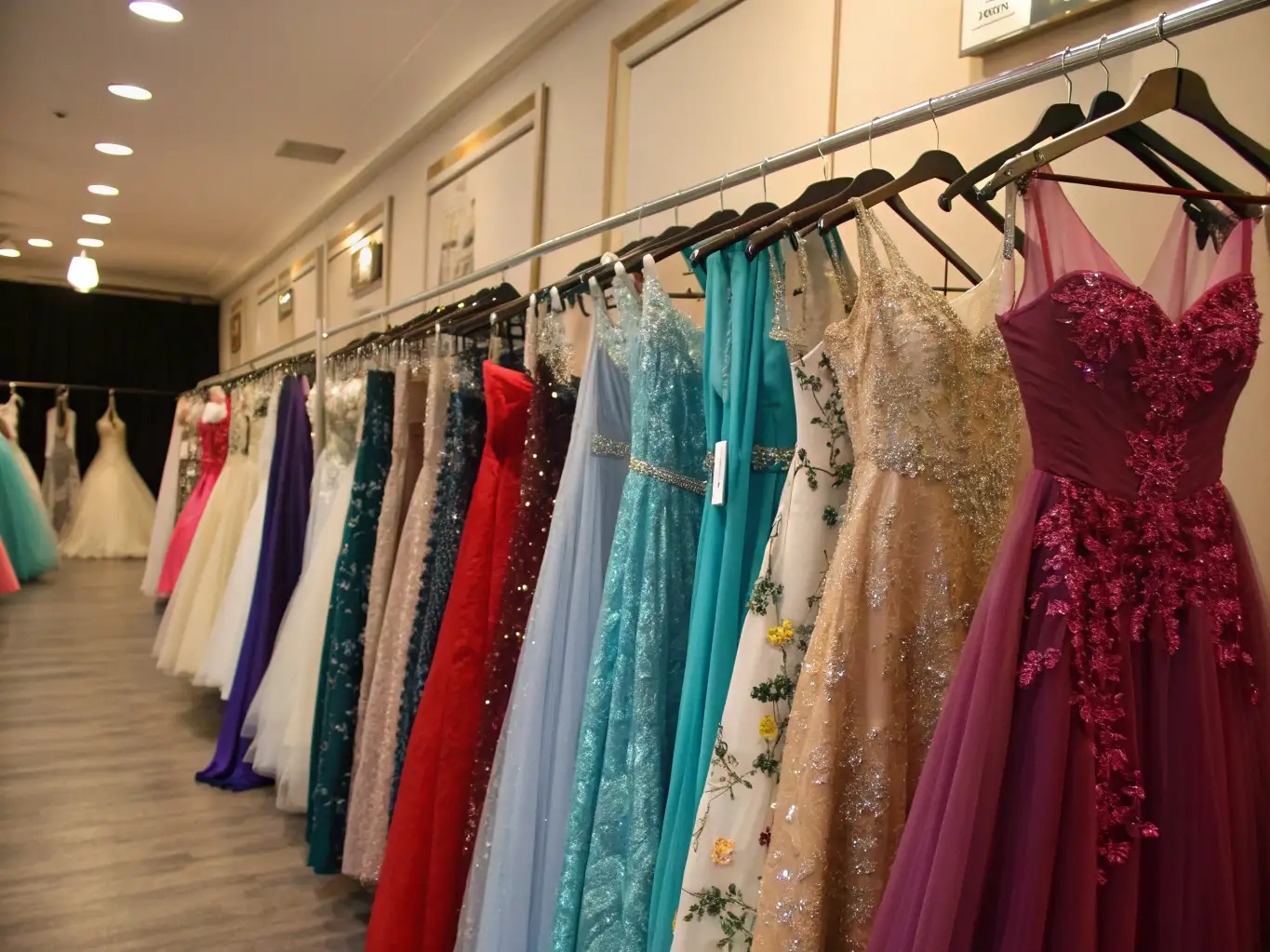China is home to thousands of clothing factories catering to businesses of all sizes, including those looking for small quantity orders. Knowing where to find reliable factories is key to your brand’s success.
The best small quantity clothing factories in China are located in regions like Guangzhou1, Shenzhen, and Yiwu2. These areas specialize in small-batch production, customization, and competitive pricing.
Let’s explore how to identify the right factory and maximize your sourcing experience.
How do I find the best factories in China?
Finding the best factories in China requires research, networking, and leveraging platforms like Alibaba3 or trade fairs. Look for factories with proven experience in your product niche.
To find the best factories in China, use sourcing platforms, attend trade shows, and verify factory credentials to ensure quality and reliability.
Tips for identifying reliable factories
- Use Online Platforms: Websites like Alibaba, Made-in-China, and Global Sources allow you to search for factories by location and product type.
- Attend Trade Shows: Events like the Canton Fair4 or Global Sources Expo are ideal for meeting manufacturers in person.
- Request Samples: Ask for product samples to assess quality and ensure the factory meets your expectations.
- Factory Visits: Whenever possible, visit the factory to evaluate their facilities and operations firsthand.
For example, Guangzhou is known for its high-quality clothing factories that cater to both large and small orders.
How to find cheap manufacturers in China?
To find affordable manufacturers, focus on less competitive markets or regions, negotiate directly with suppliers, and consider using sourcing agents for better deals.
To find cheap manufacturers in China, look in less industrialized regions, negotiate bulk discounts, and use sourcing platforms like Alibaba to compare prices.
Strategies for finding cost-effective manufacturers
- Target Smaller Factories: Smaller manufacturers are more likely to accept lower MOQs and offer better pricing.
- Use Sourcing Agents: Agents based in China can connect you with affordable manufacturers that fit your budget.
- Negotiate Terms: Offer flexible payment options or bulk orders in the future to secure discounts.
For instance, cities like Yiwu or Quanzhou are known for affordable small-batch production compared to high-demand hubs like Guangzhou.
Is it really cheaper to manufacture in China?
Yes, manufacturing in China is typically cheaper due to lower labor costs, economies of scale, and a well-established supply chain. However, shipping and compliance costs, and import duties for apparel5 should be factored in.
Manufacturing in China is cost-effective because of its efficient production systems, but total costs depend on logistics, order size, and import duties.
Why manufacturing in China is affordable
- Low Labor Costs: Despite rising wages, China remains cost-competitive compared to Western countries.
- Economies of Scale: High production volumes reduce per-unit costs.
- Supply Chain Efficiency: Access to materials and skilled labor streamlines production.
For example, producing a t-shirt in China might cost $2–$3, compared to $5–$7 in a Western country.
What is the difference between Made-in-China and Alibaba?
Made-in-China and Alibaba are both sourcing platforms, but they differ in focus and user experience. Alibaba caters to a broader audience, while Made-in-China emphasizes verified manufacturers.
Made-in-China focuses on verified suppliers, while Alibaba offers a wider variety of sellers, including wholesalers, factories, and trading companies.
Comparing Made-in-China and Alibaba
| Platform | Key Features | Best For |
|---|---|---|
| Alibaba | Largest variety, includes traders | Small and large businesses |
| Made-in-China | Verified factories, export focus | Serious buyers, bulk orders |
| Target Audience | Global | Global |
| Ease of Use | Beginner-friendly | Slightly more formal |
For example, if you need small-batch orders, Alibaba is a good choice. For large-scale production, Made-in-China’s verified factories may be more reliable.
Conclusion
China offers a wealth of options for small quantity clothing factories, particularly in regions like Guangzhou and Yiwu. By leveraging platforms like Alibaba, Made-in-China, and trade shows, you can find cost-effective and reliable manufacturers that suit your brand’s needs.
-
It highlights top garment manufacturers in this major city. ↩
-
It introduces small-commodity markets and local sourcing tips. ↩
-
It details ways to verify suppliers for safer sourcing. ↩
-
It shows event schedules and helps with direct networking. ↩
-
It clarifies taxation rules and cost factors for garments. ↩






